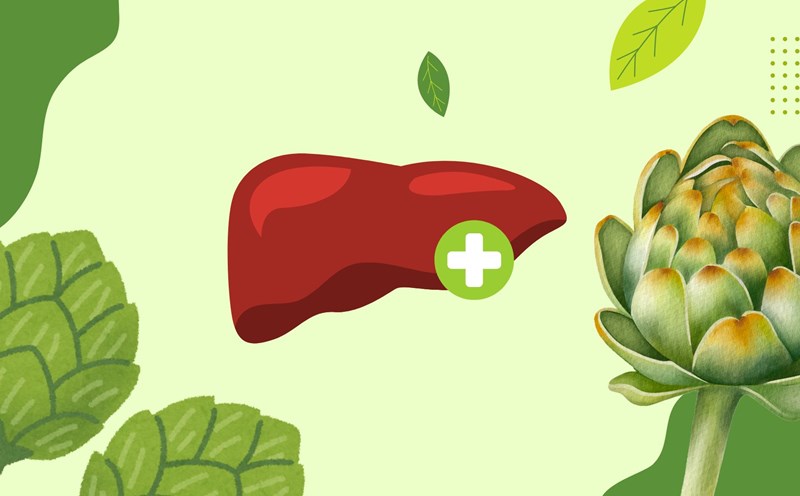Therefore, choosing the right foods for breakfast plays an essential role in protecting and enhancing the function of these two organs.
A healthy breakfast needs to be energy-efficient, rich in antioxidants, low in sugar, salt and saturated fat.
According to the World Health Organization, consuming too many processed foods in the morning such as sausage, cold meat or cakes can increase the metabolic burden on the liver and kidneys, causing a high risk of fatty liver and impaired kidney function. Therefore, you should prioritize fresh, fiber-rich foods and vitamins such as green vegetables, low-sugar fruits (tag, pears), whole-wheat oats, boiled eggs and beans.
Research shows that maintaining a breakfast rich in antioxidants such as vitamins C, E, flavonoids from fruits and vegetables can help reduce hepatitis and support liver function. The role of limiting salt in breakfast is also emphasized, because excess sodium can increase blood pressure and damage the kidneys over time. The amount of salt eaten must not exceed 4 grams.
Morning drinks also need to be noted. Drinking a glass of warm water right after waking up helps activate the detoxification process through the liver and kidneys.
Avoid drinking too much coffee or drinks containing sugar and artificial sweeteners, as these substances can increase the risk of kidney stones and chronic kidney failure if used long-term.
A breakfast that is good for the liver and kidneys should be designed simply, low in saturated fat, low in salt, rich in fiber and antioxidants, and accompanied by a reasonable habit of drinking water to protect these two important organs optimally.











